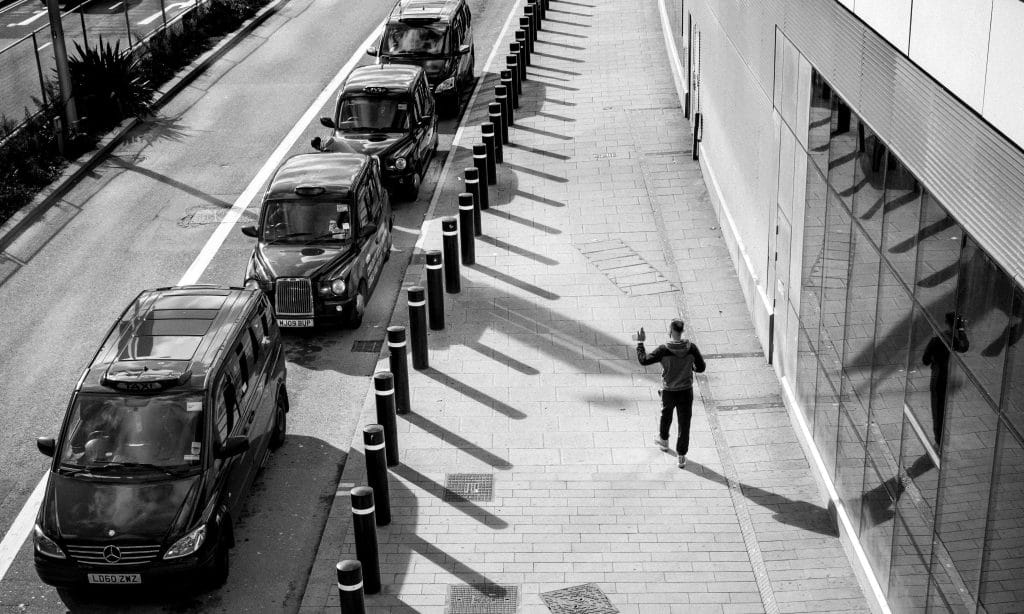How Consequences, Not Punishment, Can Reduce Reckless Driving
Discover why Kea Wilson advocates for more consequences, not punishment, for reckless drivers. This approach fosters road safety without perpetuating harm.

In her Streetsblog USA op-ed, "We Need More Consequences for Reckless Driving. But That Doesn’t Mean More Punishment," Kea Wilson makes a compelling distinction between punishment and consequences, advocating for a system that prioritizes the latter to improve road safety. Wilson argues that while drivers need to face real consequences for dangerous behavior, the goal shouldn’t be to inflict suffering, as punishment-based systems often do. Instead, consequences should be predictable, fair, and effective deterrents that encourage safer driving without perpetuating harm, especially to marginalized communities.
We can design our world so the consequences for dangerous driving are predictable, fair, and undeniably meaningful.
Wilson underscores the need for road designs and vehicle technologies that inherently enforce safe behavior, such as bollards that deter reckless driving by damaging cars or mechanisms that prevent intoxicated drivers from starting their vehicles. Rather than focusing on retribution through punishment, Wilson advocates for solutions that ensure drivers face the natural consequences of their actions—consequences that can foster real behavioral change without disproportionately harming vulnerable populations.







